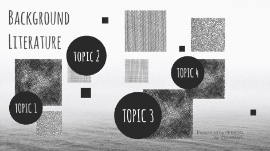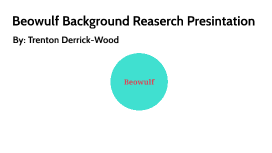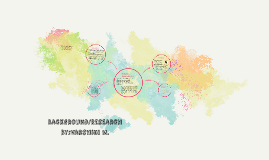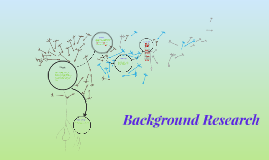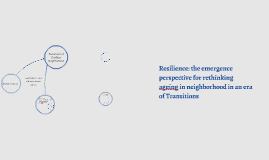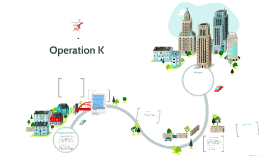Beowulf Background Research Presentation
Transcript: Beowulf Background Reaserch Presintation By: Trenton Derrick-Wood Beowulf Beowulf is an Old English Poem by an unkown writter written between the 4th and early 11th century Beowulf Old English Four facts about Old English are: Old English, often called Anglo-Saxon, was spoken in England from 450 AD to 1100 AD. Old English was rarely written but when it was written it was in runes. Old English grammar is difficult, and it is close to Old German. Old English got transformed into Middle English after the Norman Conquest of 1066. Old English Oral Tradition Four facts about Oral Tradition are: Oral tradition is important in all societies, despite the reliance of some cultures on written records. While oral traditions can vary from speaker to speaker, variations are also open to contradiction in the same ways that written accounts are. Oral traditions can be categorized into different types, including legends, myths, folktales, etc. Legends are oral traditions related to particular places and often involve culture heroes, or some other phenomenon related to that place. Oral Tradition Who wrote Beowulf Who wrote Beowulf Four facts about who wrote Beowulf are: The author of Beowulf is unkown It is possible that the poem was composed by several different poets Scholars refer to the author of beowulf as the "Beowulf poet" The author originaly didn't name the poem but later named it after the Scandinavian hero Beowulf When was Beowulf written Four facts about when Beowulf was written are: Beowulf is believed to have been written in the 6th Century During that time the Western Roman Empire had fallen The Anglo-Saxons started fighting for supremacy over the newly freed land This period was more comenly known as the Dark ages When was Beowulf written Epic Hero Characteristics of an Epic Hero Four facts about the Characteristics of an Epic Hero are: Great Warrior Capable of deeds of great strength and courage Humility National Heroism Epic poem Characteristics of an Epic Poem Four facts about the charcteristis of an epic poem are: Plot centers around a Hero of unbelivable stature Involves deeds of superhuman strength and valor Vast setting Sustained elevation of style Works Cited Works Cited “Old English Facts for Kids.” Kiddle.co, 2023, kids.kiddle.co/Old_English#:~:text=Old%20English%20grammar%20is%20difficult,English%20in%20an%20alphabetic%20script. Accessed 24 Aug. 2023. “Oral Tradition | Milwaukee Public Museum.” Mpm.edu, 2022, www.mpm.edu/content/wirp/ICW-14. Accessed 24 Aug. 2023. “Beowulf | Summary, Poem, Characters, Monster, Analysis, & Facts | Britannica.” Encyclopædia Britannica, 2023, www.britannica.com/topic/Beowulf. Accessed 24 Aug. 2023. Gibson, Richard. “6th Century - 7 Historical Events That Happened in the 6th Century - HistoryColored.” HistoryColored, 8 Mar. 2022, historycolored.com/articles/8706/6th-century-7-historical-events-that-happened-in-the-6th-century/#google_vignette. Accessed 24 Aug. 2023. Characteristics of the Epic Hero. tcslit.weebly.com/uploads/4/5/9/6/45962239/characteristicsofepichero.pdf. “Six Elements of the Epic.” Uidaho.edu, 2023, webpages.uidaho.edu/engl257/General%20lit/six_elements_of_the_epic.htm. Accessed 24 Aug. 2023.






